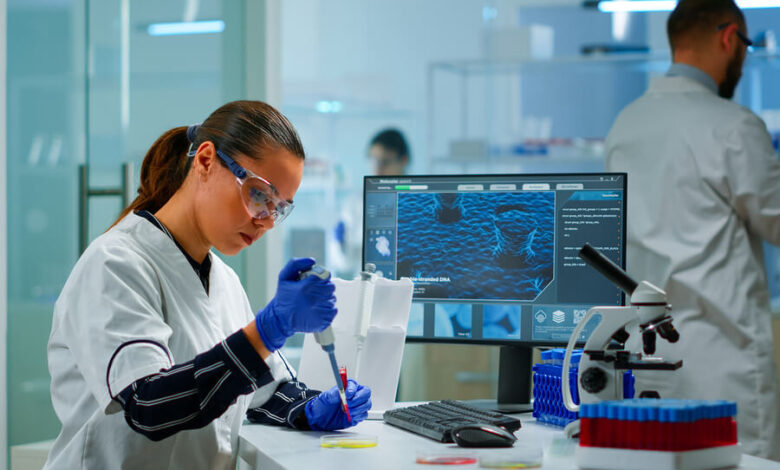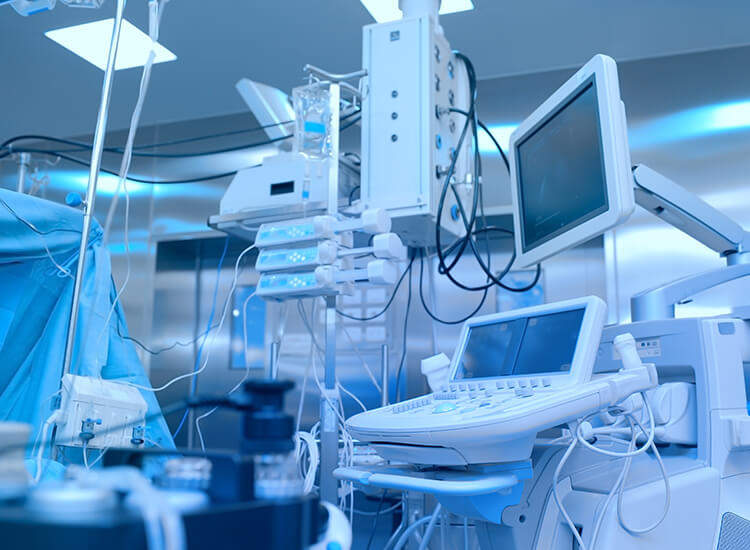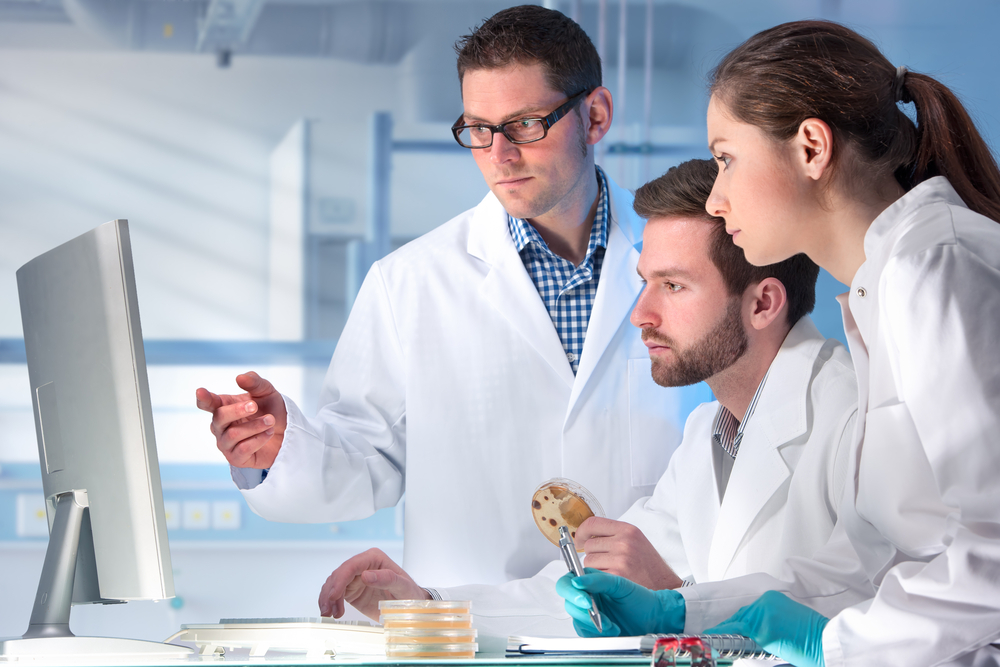Medical: Comprehensive Guide to Healthcare, Practices, and Advancements

The medical field is one of the most critical sectors in human society, dedicated to diagnosing, treating, and preventing diseases while promoting overall health. Medical science combines knowledge from biology, chemistry, technology, and public health to improve the quality of life and longevity of individuals. The term “medical” encompasses a broad range of disciplines, including healthcare practices, research, diagnostics, surgery, pharmacology, and preventive care. Understanding the scope of medical science is essential for patients, professionals, and anyone interested in health management and medical innovations.
History and Evolution of Medicine
The origins of medicine date back thousands of years, from ancient herbal remedies and spiritual practices to the structured medical institutions of today. In ancient civilizations like Egypt, Greece, and India, physicians relied on observation, trial-and-error treatments, and natural remedies. The development of medical knowledge accelerated during the Renaissance, with discoveries in anatomy, physiology, and microbiology shaping modern medical practice. Today, medical science integrates advanced technologies such as imaging systems, robotic surgery, and telemedicine, creating a sophisticated framework for patient care and disease management.
Key Areas of Medical Science
Medical science is a vast field divided into multiple areas, each focusing on different aspects of human health:
-
Internal Medicine: Focuses on diagnosing and managing diseases in adults, emphasizing comprehensive care for chronic illnesses such as diabetes, hypertension, and heart disease.
-
Surgery: Surgical interventions range from minor outpatient procedures to complex operations such as organ transplants and cardiac surgery, requiring precision, skill, and advanced technology.
-
Pediatrics: Provides specialized medical care for infants, children, and adolescents, addressing growth, development, vaccinations, and childhood illnesses.
-
Obstetrics and Gynecology (OB/GYN): Focuses on female reproductive health, pregnancy care, childbirth, and hormonal disorders.
-
Psychiatry and Mental Health: Addresses mental health disorders, including depression, anxiety, bipolar disorder, and schizophrenia, combining therapy, medication, and counseling.
-
Emergency Medicine: Provides urgent care for acute illnesses, injuries, and life-threatening conditions, often in hospital emergency rooms or urgent care centers.
-
Medical Research: Investigates new treatments, drugs, vaccines, and diagnostic methods to improve health outcomes and advance scientific knowledge.
Medical Diagnostics and Technology
Accurate diagnosis is fundamental to effective treatment. Modern medical diagnostics rely on advanced technology and laboratory testing to identify health issues early. Common diagnostic tools include:
-
Imaging Techniques: X-rays, MRI, CT scans, and ultrasound enable visualization of internal organs, bones, and tissues, supporting precise diagnosis and surgical planning.
-
Laboratory Tests: Blood, urine, and tissue analyses detect infections, metabolic disorders, hormonal imbalances, and genetic conditions.
-
Genetic Testing: Examines DNA to identify hereditary disorders, assess disease risk, and guide personalized treatment plans.
-
Telemedicine: Allows patients to consult healthcare professionals remotely, enhancing access to medical care in rural or underserved areas.
Preventive Medicine and Public Health
Preventive medicine aims to maintain health and prevent disease rather than solely treating symptoms. Key strategies include:
-
Vaccinations: Immunizations prevent infectious diseases such as influenza, measles, and COVID-19.
-
Screenings: Regular check-ups and screenings for blood pressure, cholesterol, cancer, and diabetes detect health issues early.
-
Lifestyle Counseling: Guidance on diet, exercise, stress management, and sleep supports long-term health.
-
Health Education: Public health campaigns raise awareness about hygiene, nutrition, and disease prevention.
Medical Specializations and Interdisciplinary Care
The medical field includes a variety of specializations that collaborate for comprehensive care. Interdisciplinary approaches integrate multiple specialties to address complex health problems. Examples include:
-
Cardiology and Endocrinology: Managing heart disease and metabolic conditions like diabetes.
-
Oncology and Surgery: Coordinating cancer treatment with surgical interventions, chemotherapy, and radiation therapy.
-
Neurology and Psychiatry: Treating neurological disorders and associated mental health conditions.
-
Geriatrics and Rehabilitation: Supporting elderly patients with chronic diseases, mobility issues, and post-surgery recovery.
Role of Medical Professionals
Medical professionals are central to healthcare delivery, encompassing a wide range of roles:
-
Physicians: Diagnose, treat, and monitor patients, specializing in areas such as internal medicine, pediatrics, surgery, or psychiatry.
-
Nurses: Provide direct patient care, administer medications, and support physicians in treatment plans.
-
Pharmacists: Dispense medications, advise on drug interactions, and educate patients on proper medication use.
-
Technicians and Technologists: Operate diagnostic equipment, perform laboratory tests, and ensure accurate data for clinical decisions.
-
Researchers and Scientists: Conduct studies to develop new therapies, vaccines, and medical technologies.
Medical Ethics and Patient Safety
Ethical principles guide medical practice, ensuring patient rights, dignity, and informed consent. Key principles include:
-
Beneficence: Acting in the best interest of patients.
-
Non-Maleficence: Avoiding harm during treatment.
-
Autonomy: Respecting patient decisions and informed consent.
-
Justice: Providing fair and equitable access to medical care.
Patient safety is paramount in medical settings. Protocols for infection control, surgical safety checklists, and medication management reduce errors and protect patient health.
Medical Advancements and Innovations
The medical field continuously evolves, integrating technological innovations and research breakthroughs:
-
Robotic Surgery: Enhances precision, reduces recovery time, and minimizes complications.
-
Artificial Intelligence (AI): Assists in diagnostics, predictive analytics, and personalized treatment plans.
-
Telehealth Services: Expand access to medical consultations and follow-up care.
-
Regenerative Medicine: Includes stem cell therapy, tissue engineering, and organ regeneration for previously untreatable conditions.
-
Pharmacogenomics: Tailors medication based on genetic makeup, improving efficacy and minimizing side effects.
Challenges in Modern Medicine
Despite remarkable progress, the medical field faces challenges, including:
-
Healthcare Accessibility: Unequal distribution of medical resources limits care in rural or low-income areas.
-
Rising Costs: Advanced technologies and specialized treatments can make healthcare expensive.
-
Emerging Diseases: Novel viruses and antibiotic resistance require ongoing research and rapid response.
-
Ethical Dilemmas: End-of-life care, experimental treatments, and resource allocation pose ethical challenges.
Conclusion
The medical field is a dynamic and multifaceted domain that influences nearly every aspect of human health. From diagnostics and treatment to research and preventive care, medicine continuously evolves to meet the demands of modern society. By combining scientific knowledge, technological advancements, ethical practices, and patient-centered care, the medical profession plays a pivotal role in extending life expectancy, improving quality of life, and safeguarding global health. Understanding the breadth of medical practice empowers individuals to make informed health decisions and promotes a culture of wellness and preventive care.
FAQ Section
1. What is the difference between preventive and curative medicine?
Preventive medicine focuses on maintaining health and preventing disease through immunizations, screenings, and lifestyle management, while curative medicine treats existing illnesses or conditions.
2. How has technology transformed medical diagnostics?
Technology, including imaging systems, genetic testing, AI algorithms, and telemedicine, has improved diagnostic accuracy, reduced time to diagnosis, and expanded access to medical services.
3. What role do medical ethics play in patient care?
Medical ethics ensure patient rights, informed consent, confidentiality, and equitable treatment, guiding professionals to provide care that is ethical, safe, and patient-centered.
4. Why is interdisciplinary care important in medicine?
Interdisciplinary care integrates multiple specialties to address complex health issues, ensuring comprehensive, coordinated treatment plans and improved patient outcomes.
5. How do medical professionals stay updated with advancements?
Through continuous medical education, professional training, conferences, research publications, and clinical guidelines, professionals stay informed about the latest medical innovations and best practices.
6. Can telemedicine replace in-person medical care?
Telemedicine enhances accessibility and convenience for consultations and follow-ups but may not replace in-person care for complex diagnostics, surgeries, or emergency interventions.
7. What are some emerging trends in modern medicine?
Emerging trends include personalized medicine, regenerative therapies, AI-driven diagnostics, telehealth expansion, robotic surgery, and precision pharmacology.




